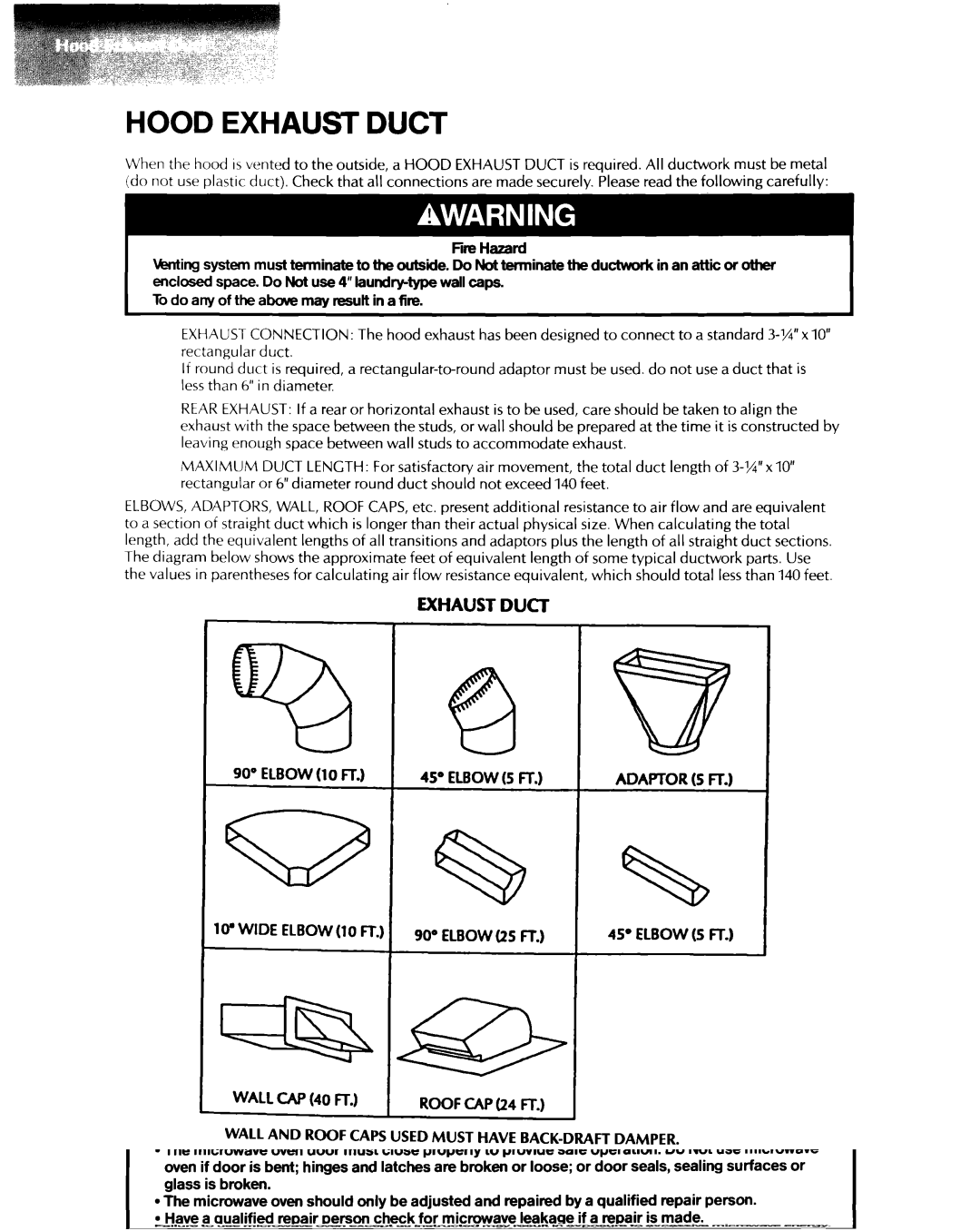1435 specifications
The KitchenAid 1435 is a standout kitchen appliance, renowned for its versatility and innovative features that cater to both amateur and professional chefs. This powerful stand mixer is designed to make mixing, kneading, and whipping a breeze, making it an essential addition to any kitchen.At the heart of the KitchenAid 1435 is its robust motor, which delivers a commendable performance of 300 watts. This powerful motor allows the mixer to tackle even the toughest doughs with ease, ensuring consistent results every time. Additionally, it operates quietly, making it comfortable to use even in busy kitchens.
One of the defining features of the KitchenAid 1435 is its 10-speed control system. This range of speeds provides users with the flexibility to handle a wide variety of mixing tasks, from gently folding ingredients at low speeds to whipping egg whites at high speeds. This versatility is enhanced by the inclusion of a range of attachments that come with the mixer, including a flat beater, dough hook, and wire whip, allowing for seamless transitions between different recipes.
Another notable characteristic of the KitchenAid 1435 is its innovative design. The tilt-head feature allows for easy access to the mixing bowl, making it simple to add ingredients or change attachments without the need to lift the entire unit. The 4.5-quart stainless steel bowl is not only durable but also dishwasher-safe, making cleanup a hassle-free experience.
The KitchenAid 1435 also includes a pouring shield, which is a thoughtful addition for those who want to prevent splatters and spills while pouring ingredients into the bowl. This ensures that your workspace remains tidy, whether you're mixing batter for a cake or kneading dough for bread.
In terms of aesthetics, the KitchenAid 1435 comes in a variety of colors, allowing consumers to choose a model that best fits their kitchen décor. This personal touch adds to the overall appeal of the mixer.
Overall, the KitchenAid 1435 combines powerful performance with thoughtful design and versatile attachments, making it a valuable asset in any kitchen. Whether you're baking a loaf of bread, whipping up a mousse, or preparing cookie dough, this stand mixer is equipped to handle it all, bringing efficiency and style to your culinary adventures.

